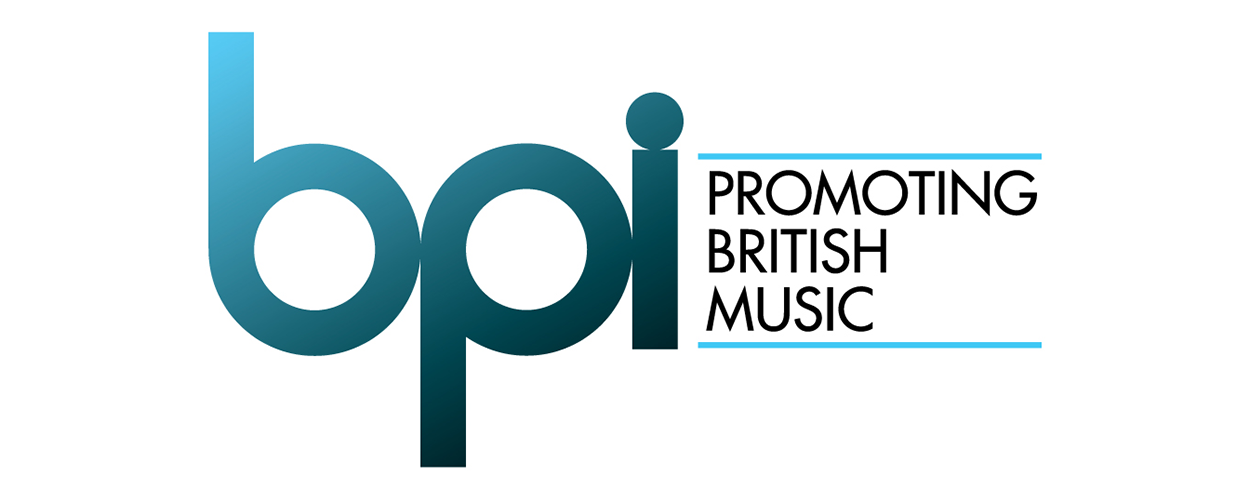This website uses cookies so that we can provide you with the best user experience possible. Cookie information is stored in your browser and performs functions such as recognising you when you return to our website and helping our team to understand which sections of the website you find most interesting and useful.
Business News Labels & Publishers
UK record industry figures grew 7.3% in 2019, says BPI
By Chris Cooke | Published on Tuesday 17 March 2020

The UK record industry saw revenues grow 7.3% in 2019, taking overall income over a billion pounds, according to new stats released by trade body the BPI this morning. Needless to say, the streaming boom is behind most of that growth, with streaming revenue now accounting for 58.9% of overall income.
The latest BPI stats are based on the trade income generated by UK record companies, as opposed to consumer spend on home entertainment, which we get from the figures published by the Entertainment Retailers Association.
The BPI’s more important money figures also follow the slightly nebulous consumption stats that were published at the start of the year. Though interestingly, revenue growth at 7.3% is rather similar to the consumption growth figure the BPI previously released, which was 7.5%.
The new figures confirm that the vast majority of streaming income comes from the premium services, which generated trade income for the record industry of £568 million in 2019, up 21.7% on 2018. When you throw in the ad-funded services, total trade income from the streaming sector was £628 million.
Physical product revenues were down 10.4% last year, although CD and vinyl combined still bring in about a fifth of the record industry’s revenues. The ongoing vinyl revival helps with that, although CD is still the dominant physical format. CD accounts for 13.3% of total revenues, while vinyl now brings in 6.2%.
Downloads obviously continue to slump into nothingness, although still outperform sync for now, despite 11.1% growth on the synchronisation side of the business. Broadcast and public performance monies collected by collecting society PPL also continued to grow last year – up 4.4% – although, because that growth is outpaced by the streaming boom, public performance accounts for slightly less of overall revenues last year compared to 2018.
So, plenty to be happy about. Except, of course, the UK and global record industry still has a long way to go to match the revenues it generated at the end of the CD boom era of the 1990s, especially when figures are adjusted for inflation.
However, these are revenue figures remember, and the costs of producing and distributing recorded music have fallen considerably over the last two decades, improving the industry’s profit margins. Though debates remain as to what extent profit margins have actually increased – marketing costs have almost certainly gone up – making it hard to assess where the record industry is compared to 2001 in real terms.
Commenting on his organisation’s latest stats pack, BPI boss Geoff Taylor said: “The music industry’s success is powered by record labels’ up-front investment and shouldering of risk, so it is important to the sustainable health of the music ecosystem that label revenues grew on last year’s results”.
“But there is no room to rest on our laurels”, he added. “British music faces intense competition at home and abroad, is undervalued by some tech platforms and is undermined by widespread illegal sites. In fact, total revenues remain more than a fifth below the post-Millennium peak recorded in 2001. It is time for a new partnership with government to unleash the full potential of our music industry to benefit our culture and our economy”.
Of course, the government has other things on its mind just now. But once the political conversation in Britain returns to Brexit – and who ever thought that the prospect of returning to Brexit chatter would seem attractive – the labels and the wider music community will go back into lobbying mode, seeking government support to ensure a framework is in place to sustain all this growth.





